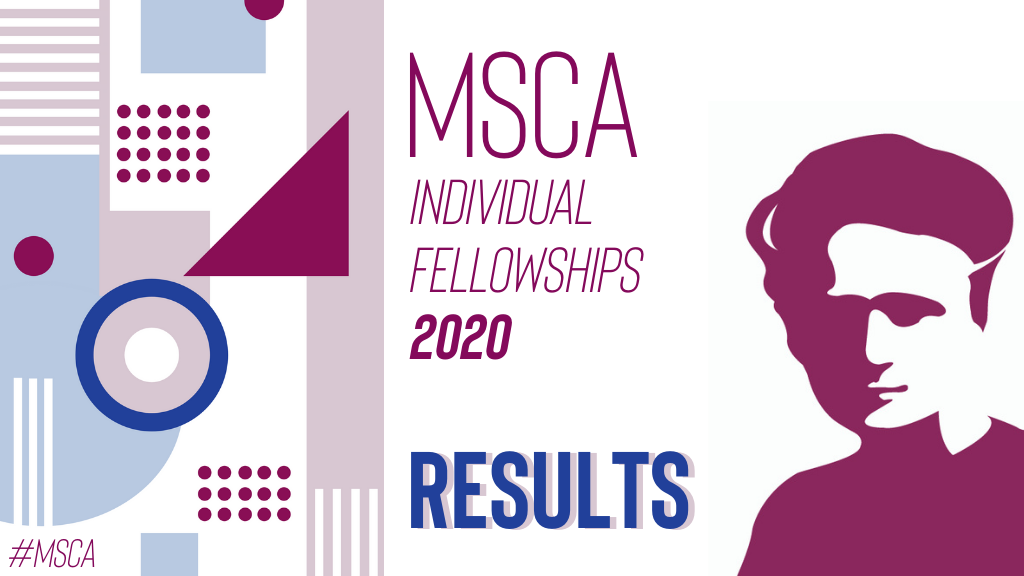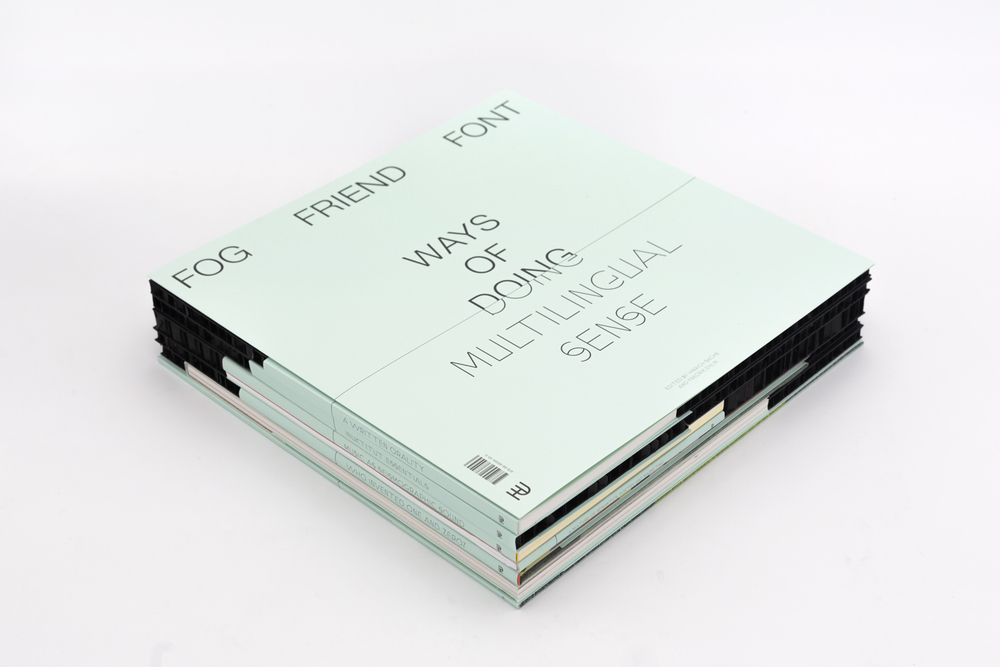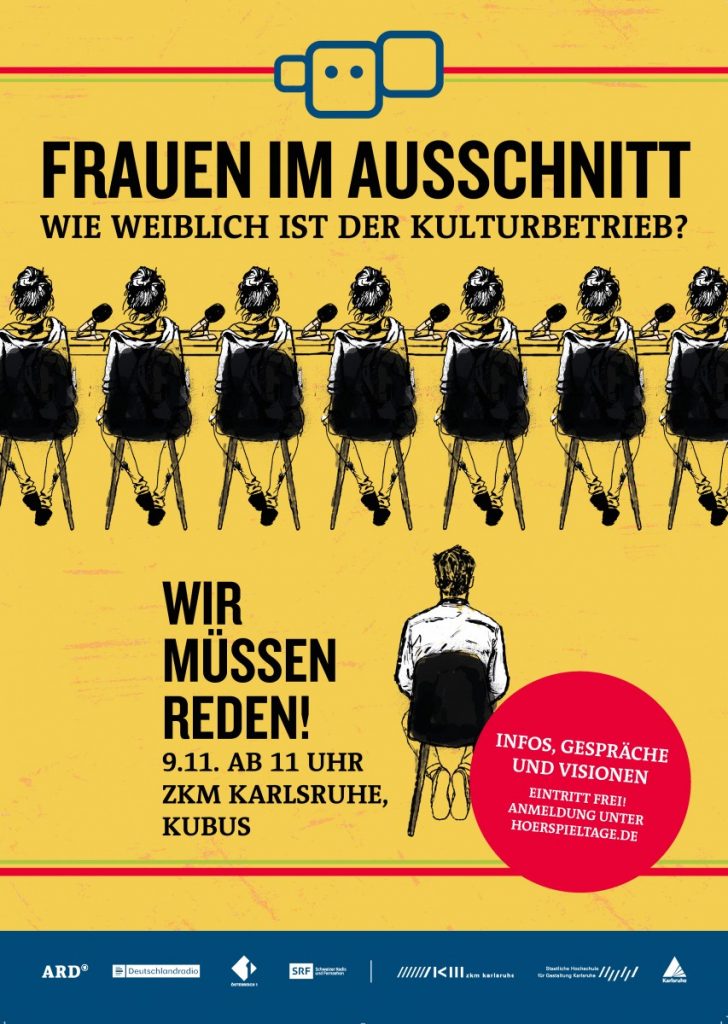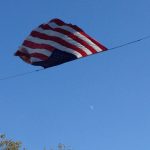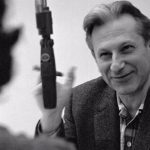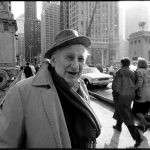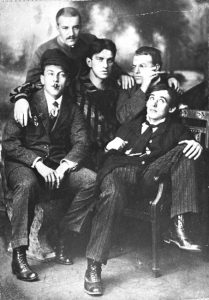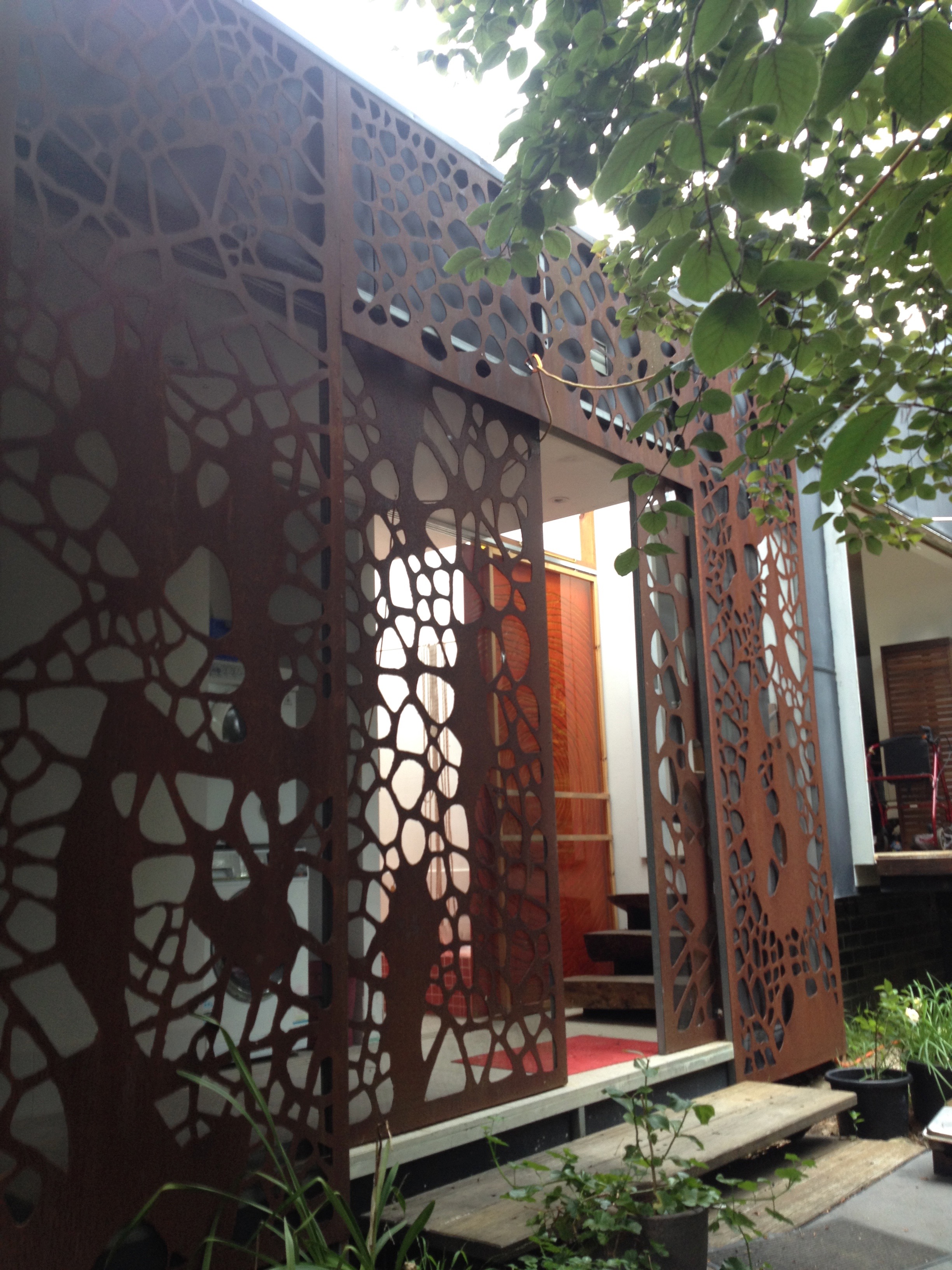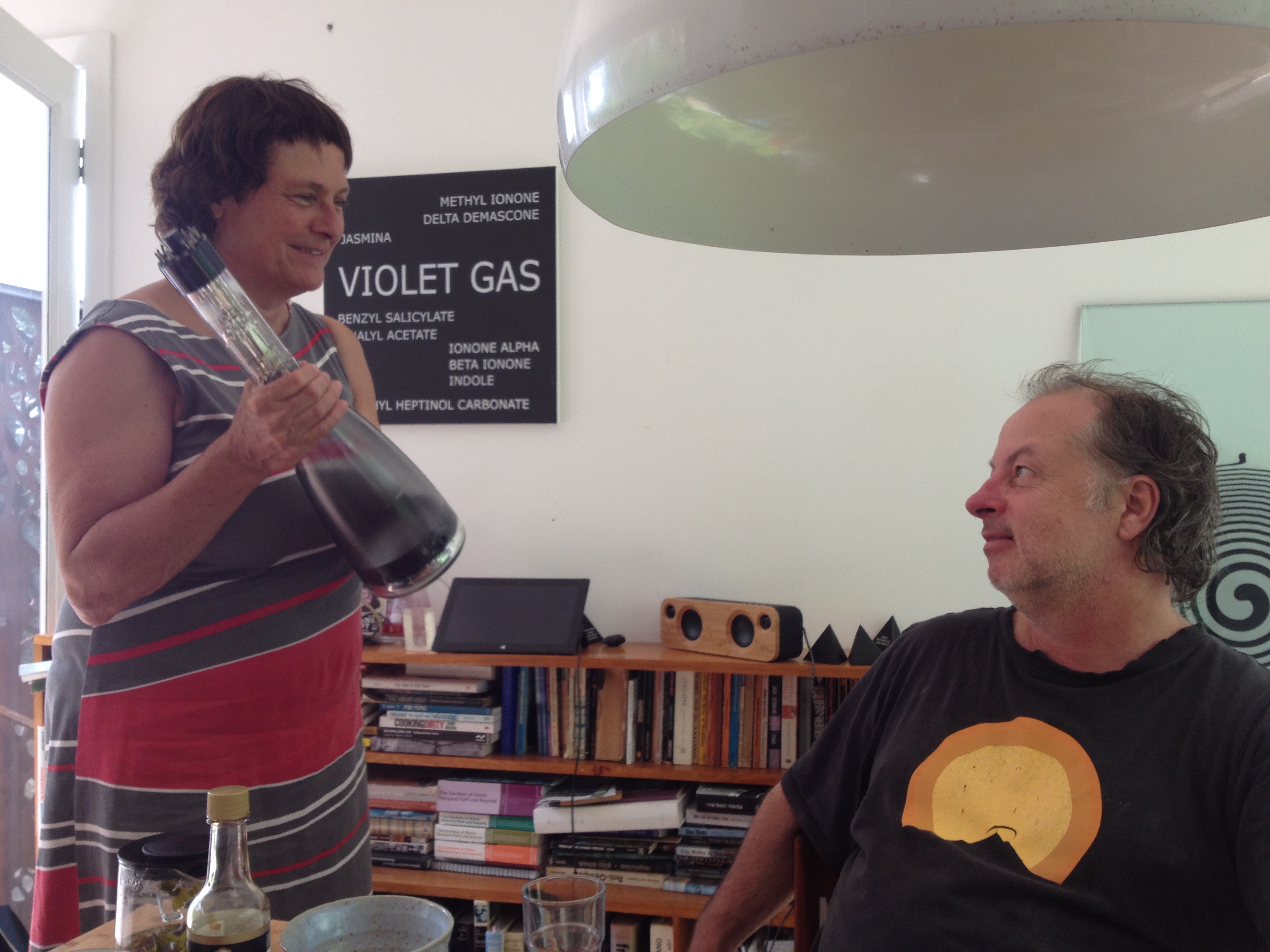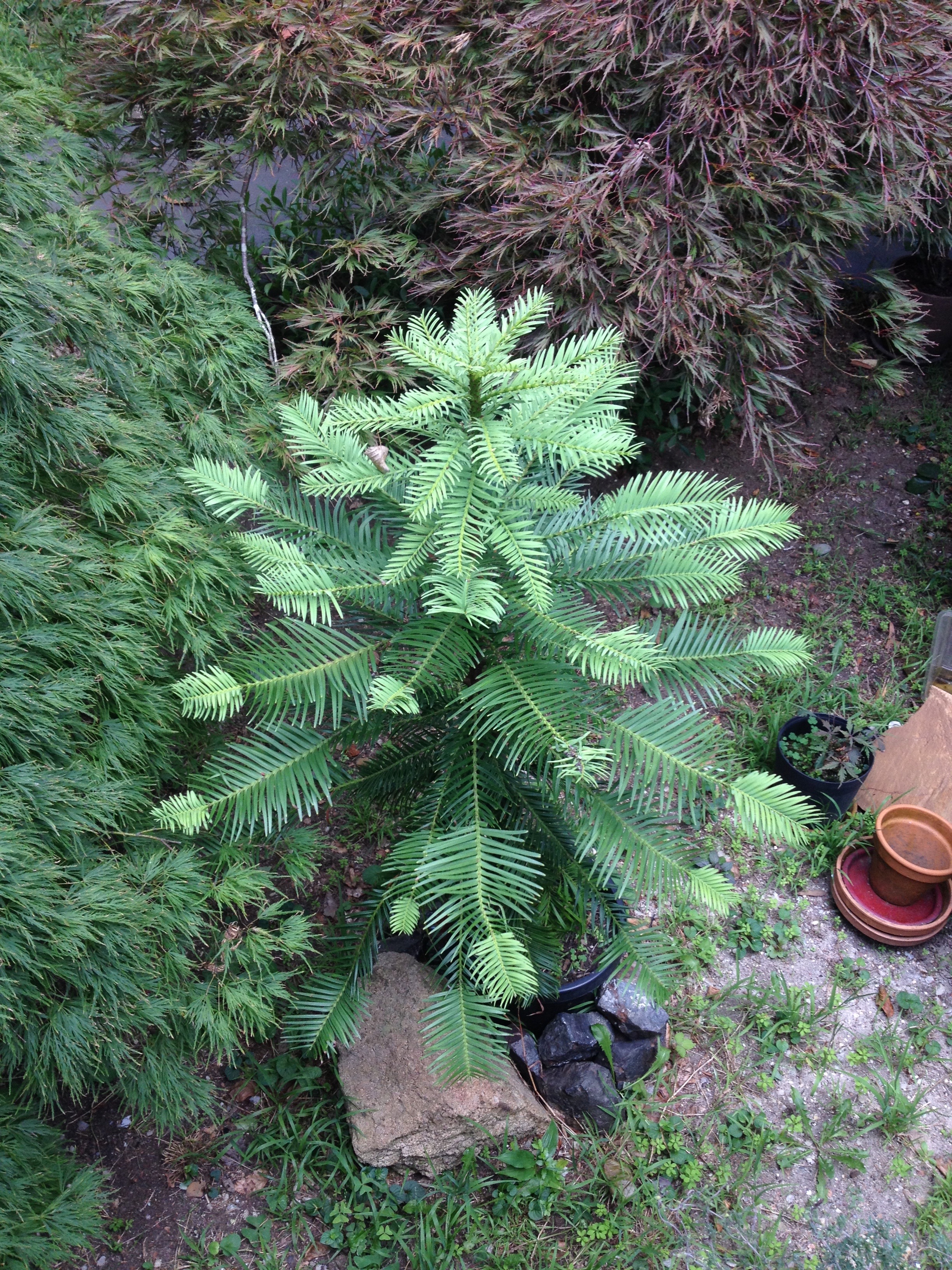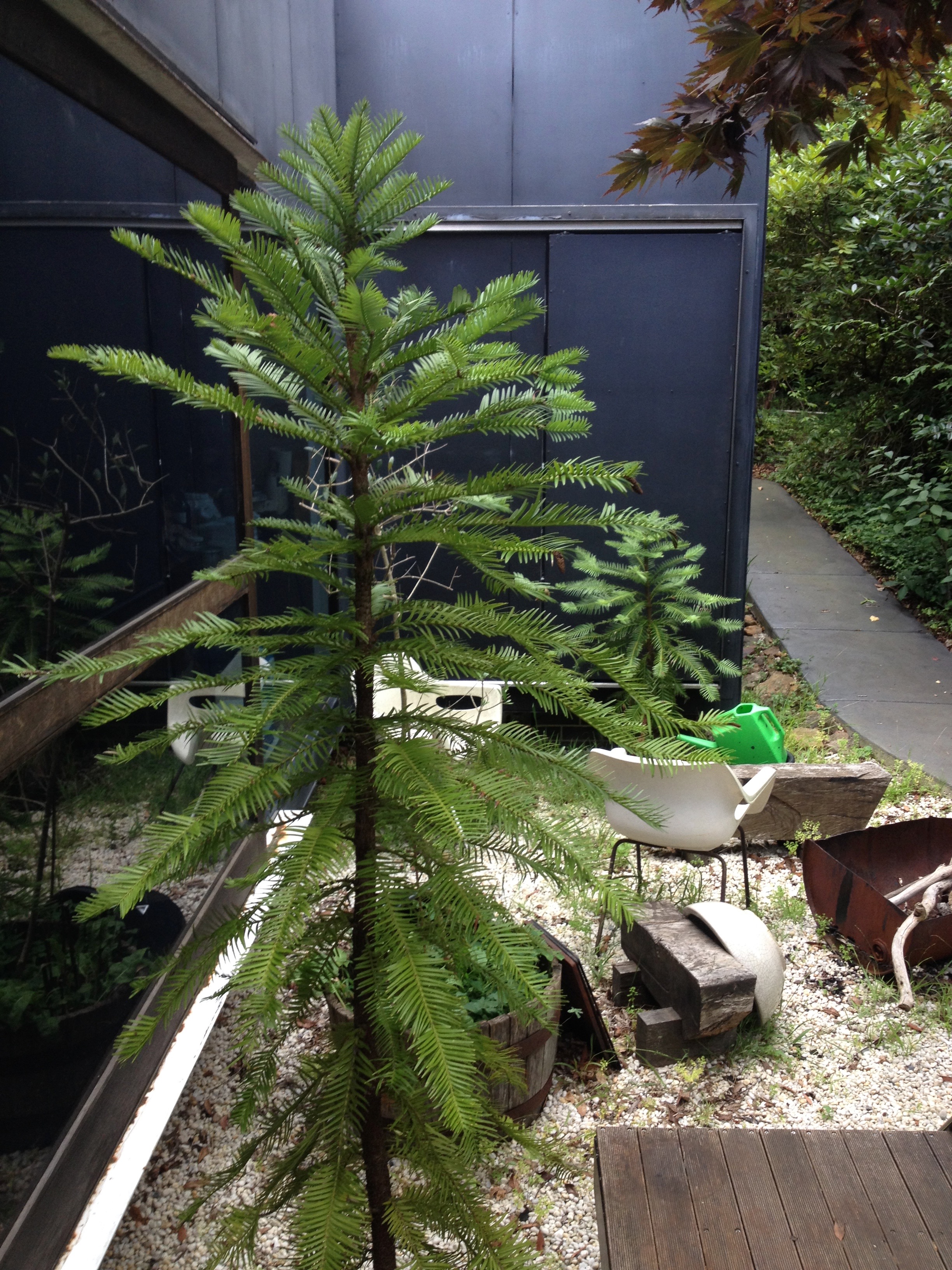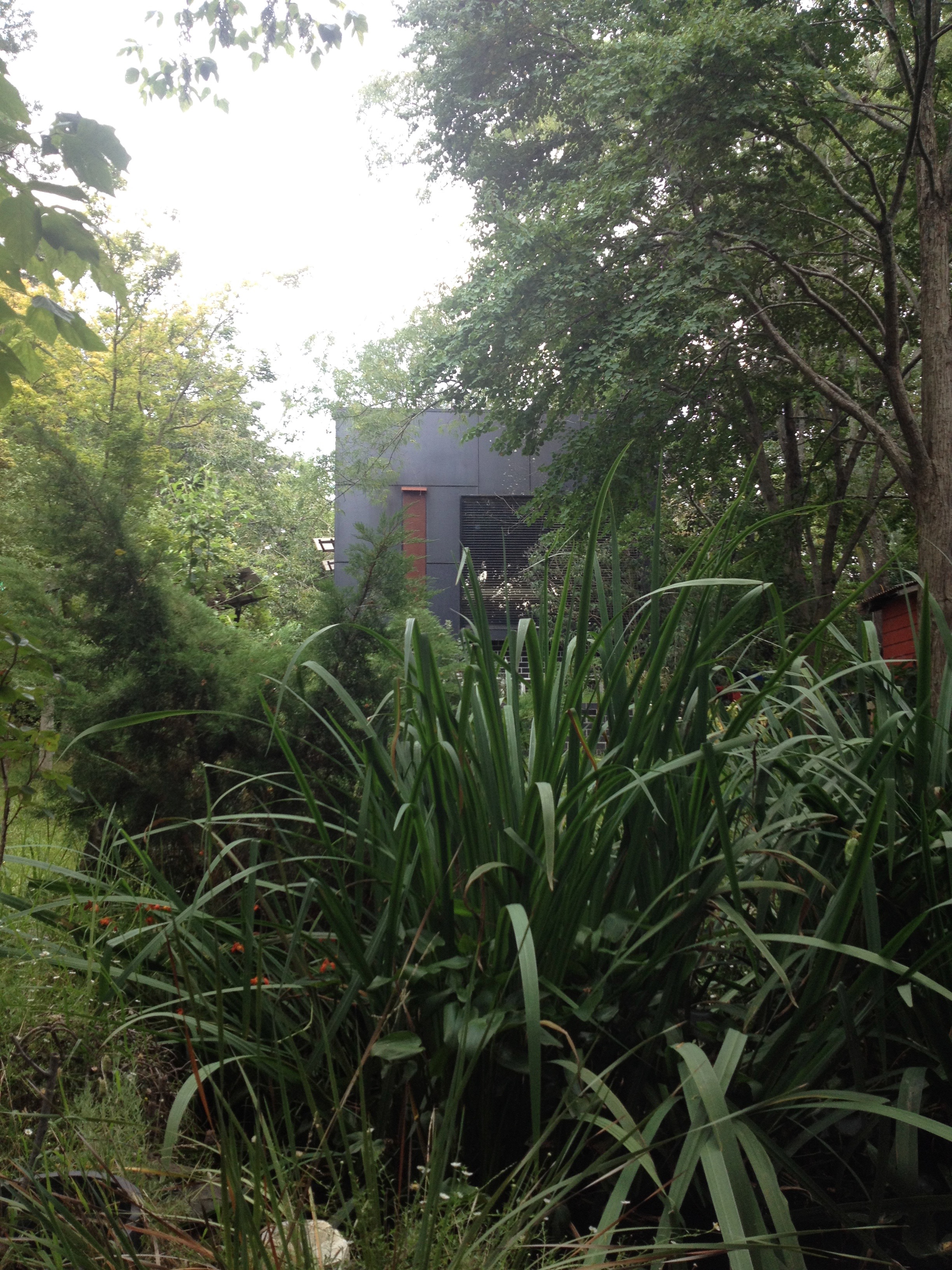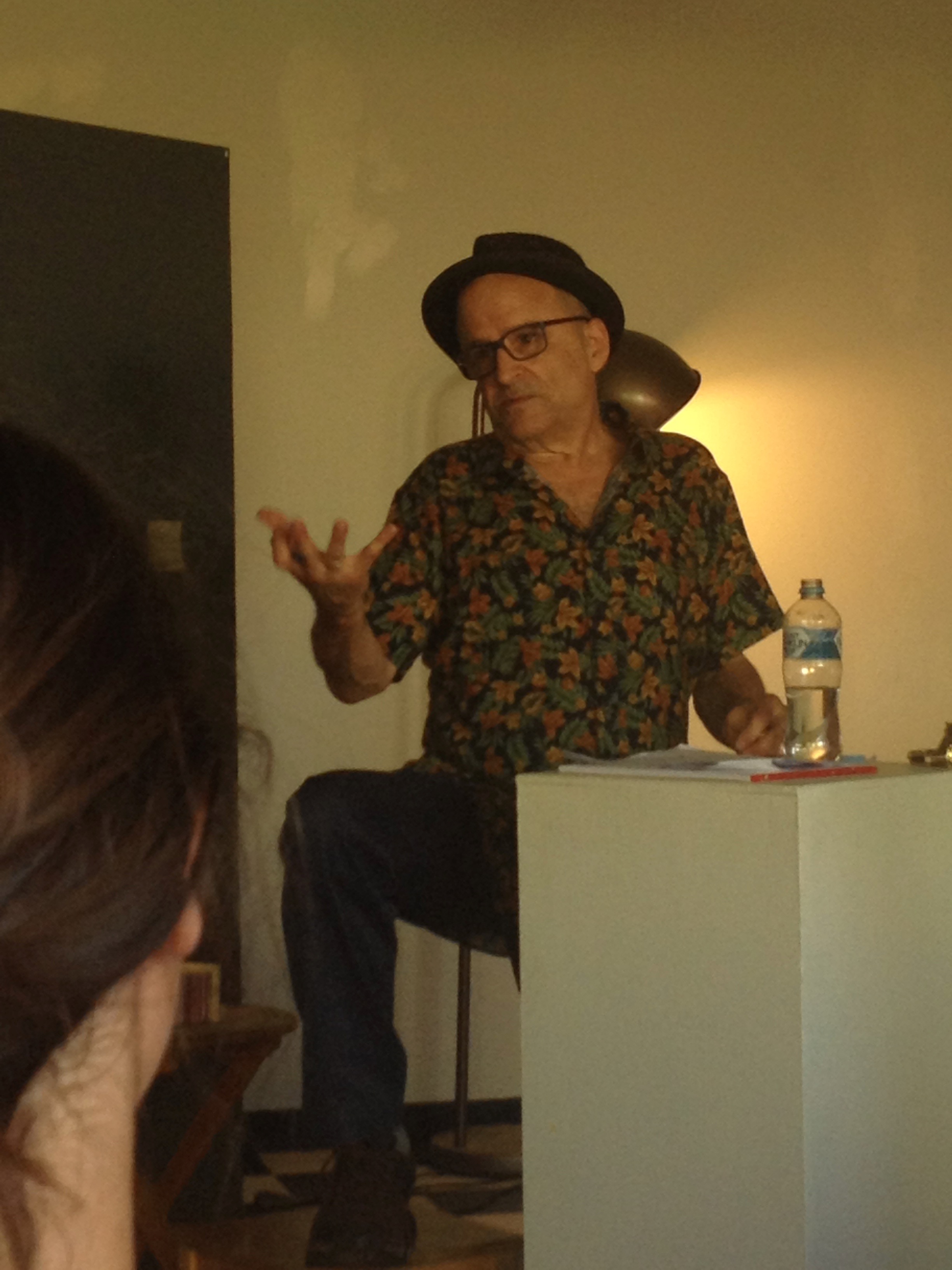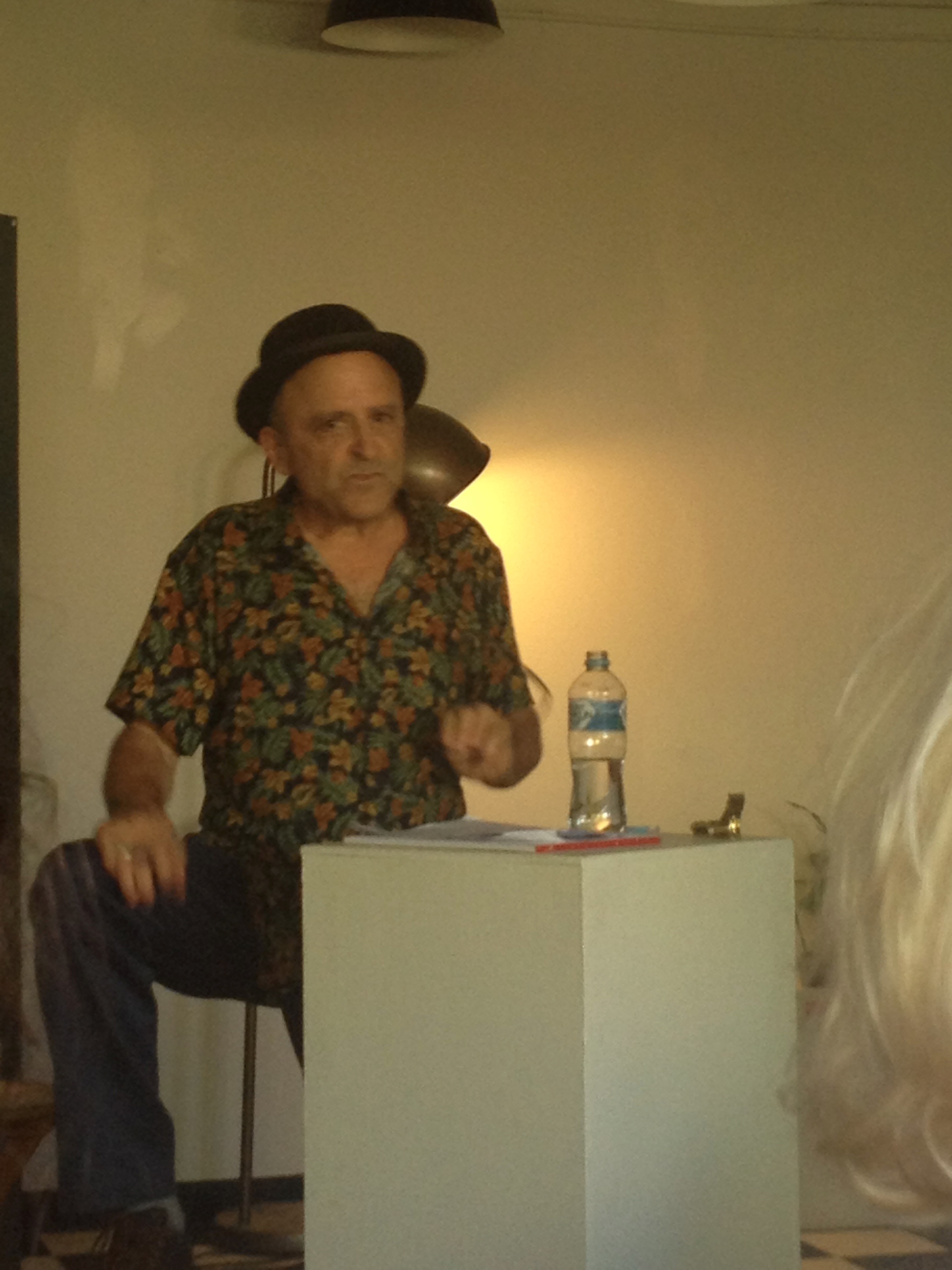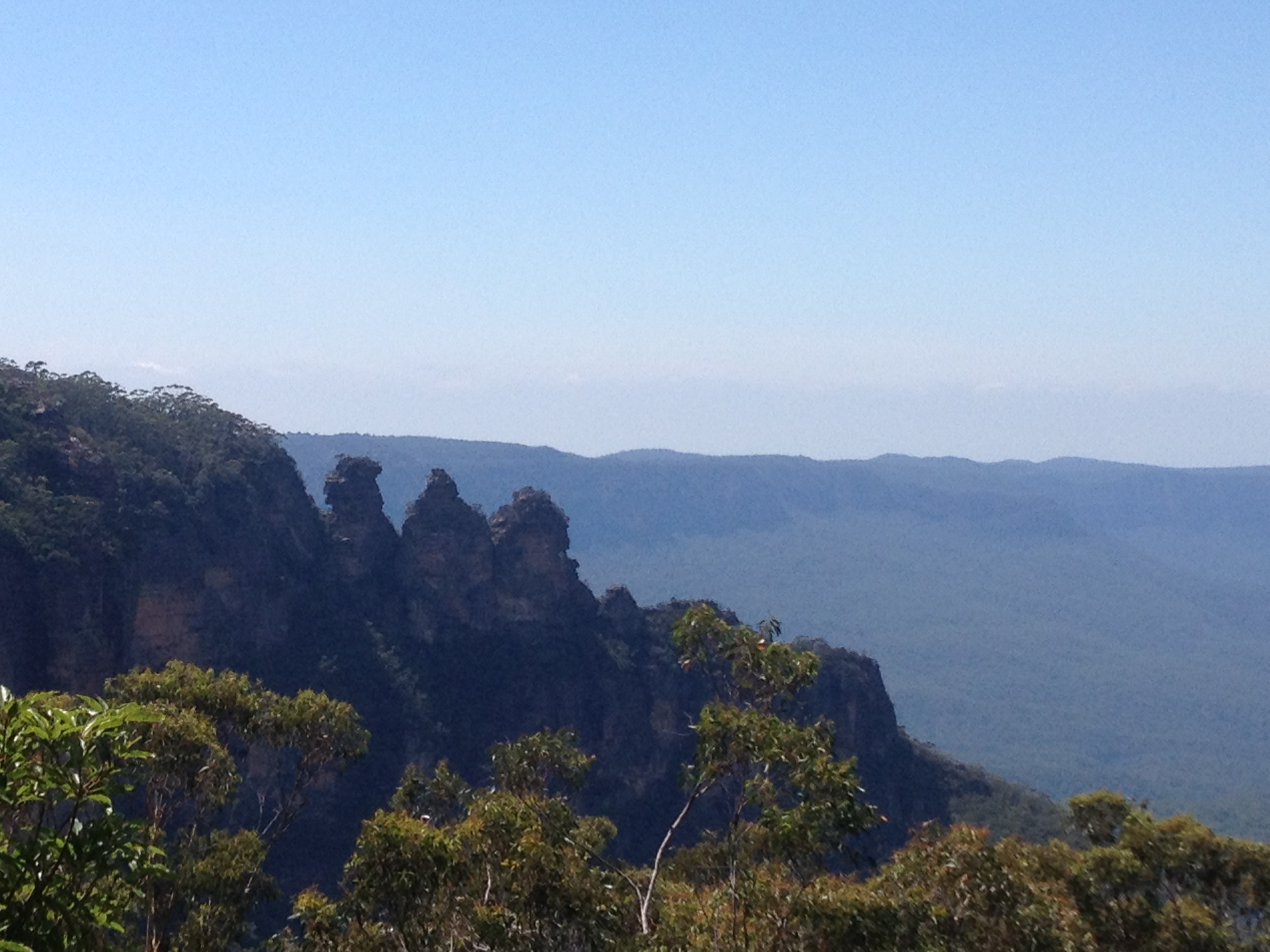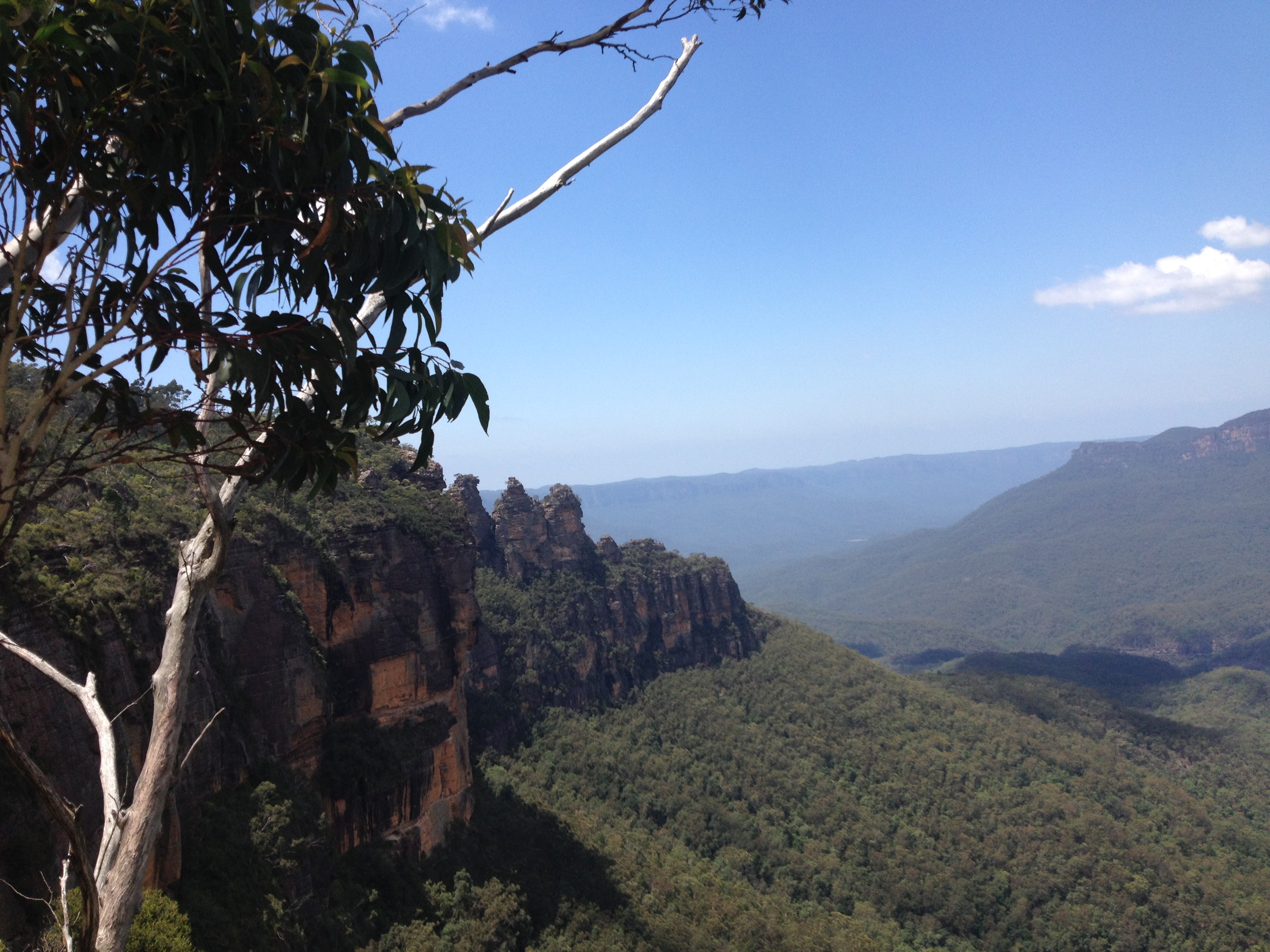Energizing Encounter with Douglas Kahn
What makes Australia and especially Sydney for radio art researchers like me such a desirable place to go to is the variety of sound and radio artists and scholars, who live and work there. There are numerous reasons for this cluster or gathering, as I found out during my research stay. However, one main reason certainly is Douglas Kahn, Professor for Media and Innovation at the University of New South Wales. Being responsible for such outstanding, seminal books like the essay collection Wireless Imagination. Sound, Radio and The Avant-Garde (1992), which he co-edited with the radio artist Gregory Whitehead and his two monographs Noise, Water, Meat. A History of Sound in the Arts (1999) and Earth Sound Earth Signal. Energies and Earth Magnitude in the Arts (2013), Douglas Kahn attracts PhD candidates and researchers from all over the world, who are interested in radio and sound and their relation to the arts.
When I eventually dared to contact Douglas Kahn and kindly asked him for an interview, he was very friendly and generous and invited me to visit him at his home in Katoomba, a cozy little town at the fringe of the overwhelming, scenic Blue Mountains Nation Park, about two hours by train west of Sydney.
After I had read „Wireless Imagination“ and „Noise Water Meat“ with great benefit for my own research on the epistemology of radio art, I turned to „Earth Sound Earth Signal“, which left me behind quite a bit baffled at first. At the same time I developed the hunch that this book is about something really fascinating, mind-blowing. And as I like challenges, I kept coming back to it, over and over again. One sentence, which had struck me in particular, was „Radio was heard before it was invented and it was broadcast before it was heard.“ Therefore I asked Doug at the beginning of our interview, if he would be so kind to explain this phenomenon, which is called „natural radio“. You can listen to the interview dubbed in German here, and you can read it below in English. This is what Doug answered: Weiterlesen →
